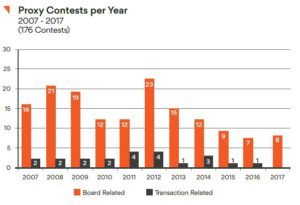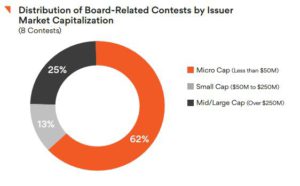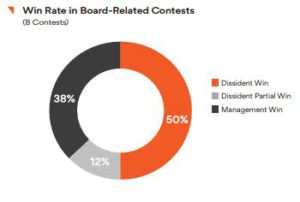Morgan Stanley report today that they expect lithium carbonate prices to drop from the current level of US$ 13,375/t to US$ 7,030/t by 2020. This is far lower than the consensus view after lithium prices surged 100% in the last 2 years.
Substantial supply increases are driving their forecast, with Morgan Stanley reporting that the largest producers in Chile are planning on adding 500,000 tonnes per year in new mine supply by 2025. This supply would swamp the anticipated growth in demand from battery production. Indeed Morgan Stanley predict that the lithium market will go into surplus in 2019… and stay there.
The firm has downgraded two of the largest producers, Albemarle Corporation (NYSE: ALB) and Sociedad Quimica y Minera S.A. (SQM: NYSE SQM) which are planning to bring an additional 200,000 tonnes of lithium on stream by 2025. This will cement the position of Chile as the largest global producer with a >30% share.
Most of the lithium hopefuls listed on western stock-exchanges have used lithium carbonate prices in the range of US$11,000 and 13,500/t in economic studies and the majority of these projects would struggle if prices were to tumble. Given the rush to lithium of recent times and the nature of commodity markets we suspect that Morgan Stanley are likely correct. Even a dramatic increase in market penetration for electric cars (which now seems increasingly unlikely given the growing trend away from government subsidies) would do little to change the supply demand dynamic in the coming few years unless the fall in price is sufficiently steep as to stop or delay some of the larger projects now being contemplated. Now that is always a possibility.
An exception may be spodumene producers like Pilbara Minerals Limited (ASX: PLS) which showed a >50% return on investment in a planned expansion at a spodumene price of US$550/t, a 60% discount to the current spot.






